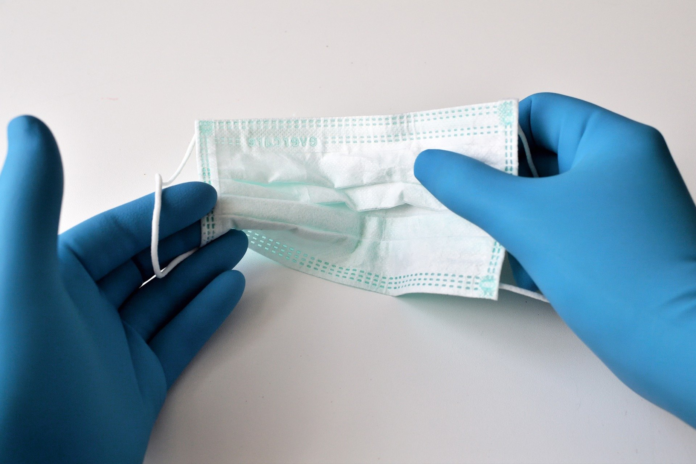A Danish study released on Nov. 18 by the “Annals of Internal Medicine” journal suggests that wearing a mask does not effectively protect the wearer from COVID-19.
The study was conducted in Denmark in April and May of this year and included 3,030 participants who were asked to wear masks when outside their homes and 2,994 participants who were assigned as the control group and told not to wear masks. 4,862 people total were involved in the study.
The study was conducted at a time when masking was not required, but social distancing, quarantining infected people, limiting visitors at hospitals, and encouraging frequent sanitizing were all recommended public health measures. Restaurants were closed for about the first half of the study.
In an introduction, the authors identify background information on why the study was conducted, including this statement: “The World Health Organization (WHO) and the U.S. Centers for Disease Control and Prevention strongly recommend that persons with symptoms or known infection wear masks to prevent transmission of SARS-CoV-2 to others (source control). However, WHO acknowledges that we lack evidence that wearing a mask protects healthy persons from SARS-CoV-2.”
The study says that out of the participants, 42 mask-wearers (1.8%) contracted the virus, and 53 control participants (2.1%) contracted the virus. The percentage-point difference between these groups is 0.3%.
The summarized conclusion of the study states: “The recommendation to wear surgical masks to supplement other public health measures did not reduce the SARS-CoV-2 infection rate among wearers by more than 50% in a community with modest infection rates, some degree of social distancing, and uncommon general mask use. The data were compatible with lesser degrees of self-protection.”
The in-depth conclusion found toward the end of the study continues: “Our results suggest that the recommendation to wear a surgical mask when outside the home among others did not reduce, at conventional levels of statistical significance, the incidence of SARS-CoV-2 infection in mask wearers in a setting where social distancing and other public health measures were in effect, mask recommendations were not among those measures, and community use of masks was uncommon.”
However, the end of the study also notes that “the findings were inconclusive and cannot definitively exclude a 46% reduction to a 23% increase in infection of mask wearers in such a setting.”
“It is important to emphasize that this trial did not address the effects of masks as source control or as protection in settings where social distancing and other public health measures are not in effect,” it adds.
The authors also state that their study “should not be used to conclude that a recommendation for everyone to wear masks in the community would not be effective in reducing SARS-CoV-2 infections, because the trial did not test the role of masks in source control of SARS-CoV-2 infection.”

















